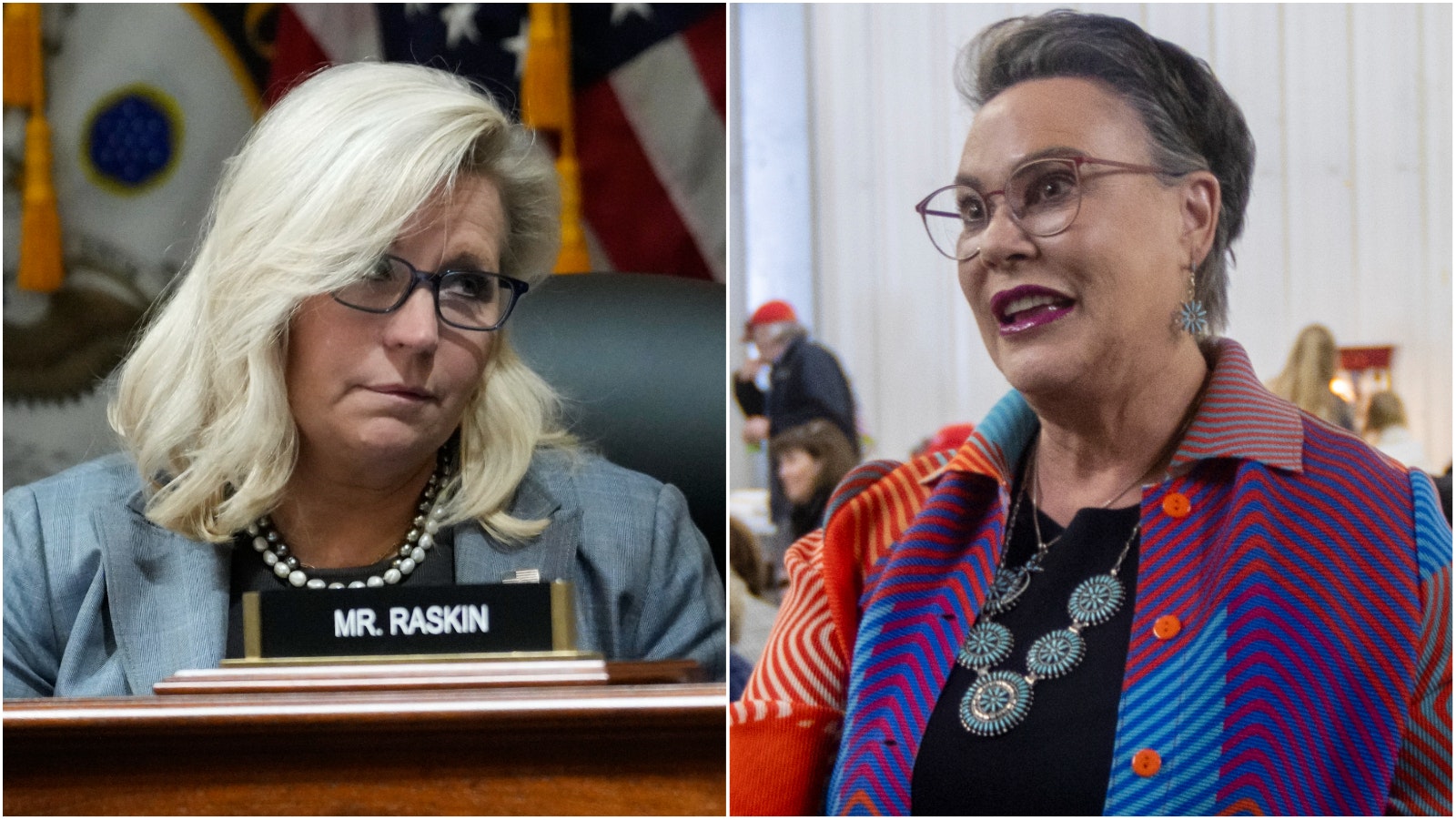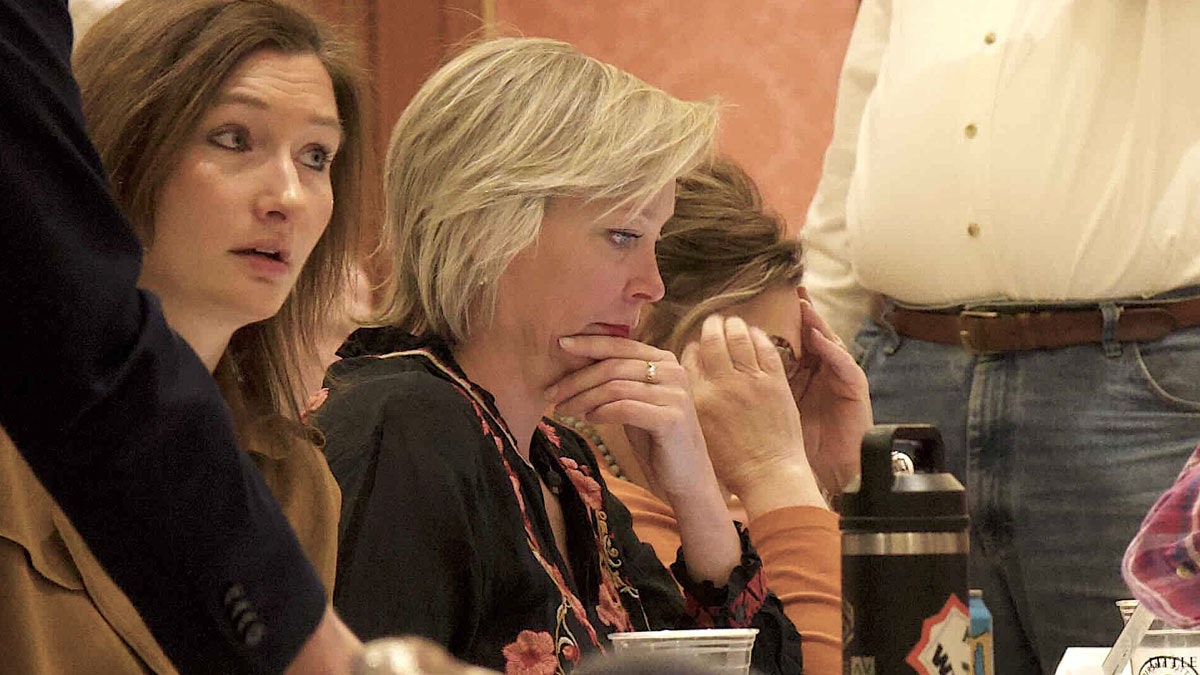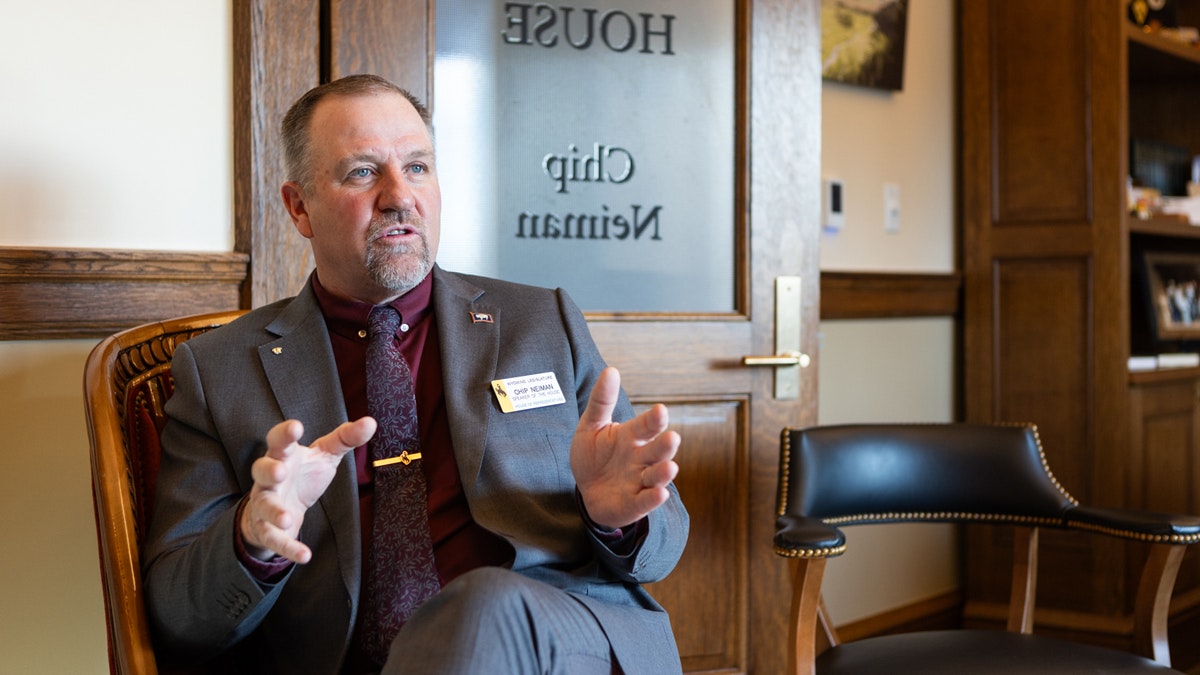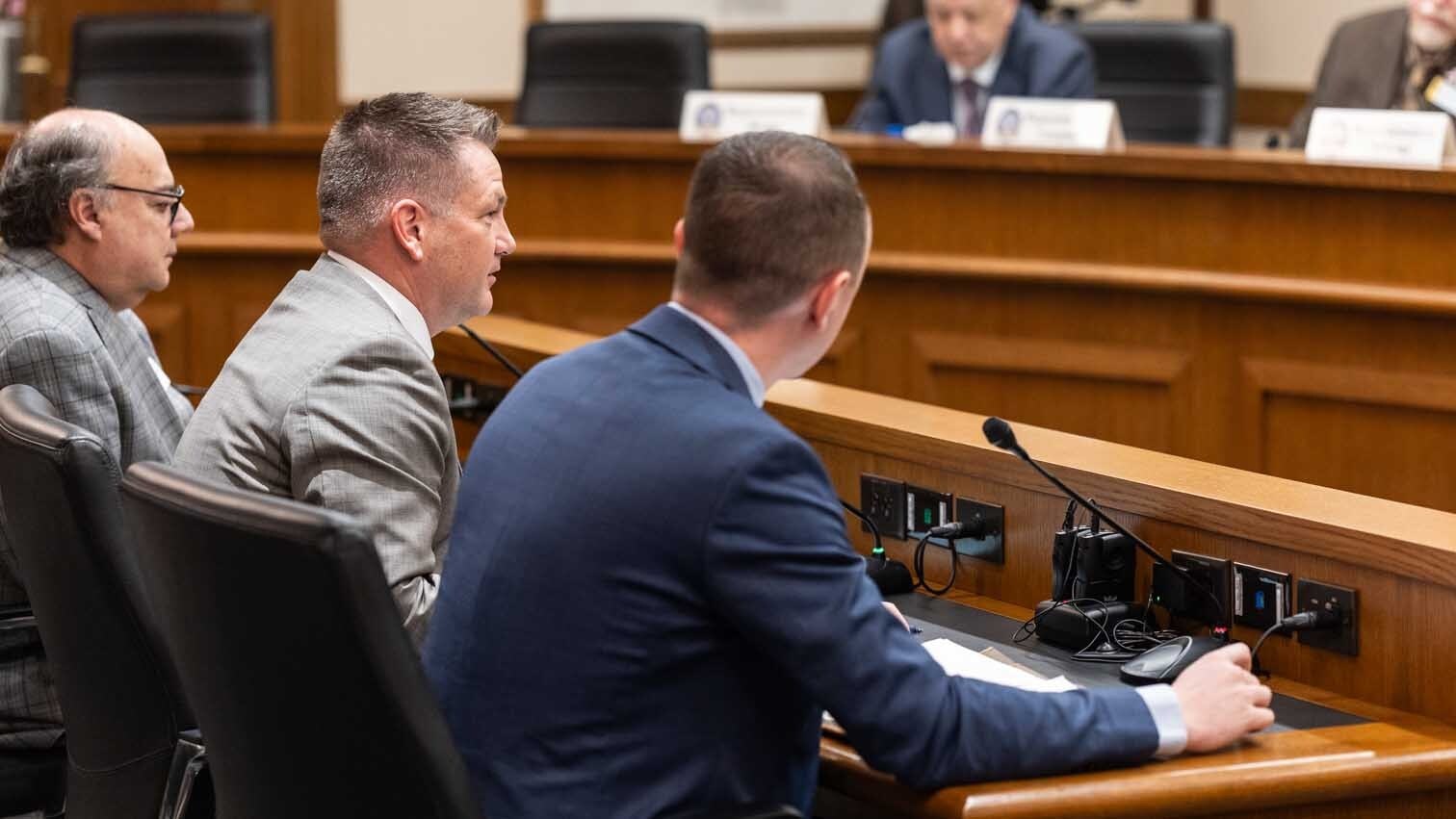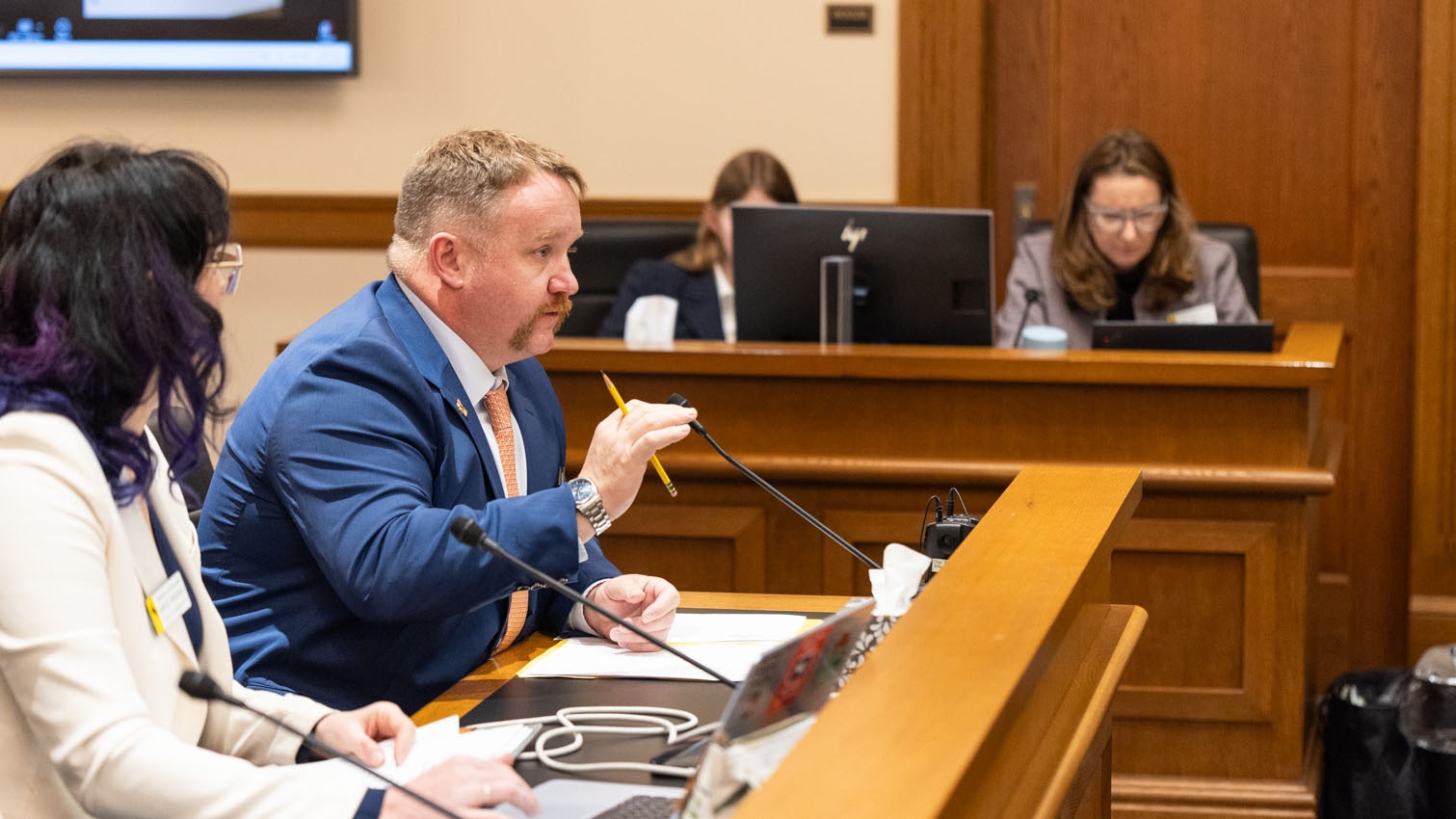U.S. Rep. Liz Cheney voted to support the Respect for Marriage Act, which passed through the House on a vote of 267-157. Forty-six Republicans voted with Cheney in support of the measure while 157 voted against. No Democrats voted against the bill.
The bill comes in direct response to the U.S. Supreme Court’s decision to overturn the landmark abortion ruling Roe vs. Wade in June, seen as a prominent win for pro-life and state’s rights advocates.
In that decision, the conservative majority ruled “the Constitution makes no reference to abortion, and no such right is implicitly protected by any constitutional provision.”
Cheney expressed support for that decision.
“I have always been strongly pro-life,” she said in a June Twitter post. “Today’s ruling by the Supreme Court returns power to the states and the people of the states to address the issue of abortion under state law.”
Many have expressed fears the Supreme Court may apply the same reasoning to gay marriage.
H.R. 8404 would prohibit any state from refusing to recognize an out-of-state marriage based on sex, race, ethnicity or national origin, regardless of the individual state laws. It would grant the U.S. attorney general the authority to enforce that rule through civil action.
It would also fully repeal the Defense of Marriage Act, a 1996 law signed by then-President Bill Clinton that defined marriage as being the union of a man and a woman. That bill is largely considered one of the most conservative pieces of legislation Clinton ever approved.
Wyoming LGBTQ advocates applauded Cheney’s vote in a press release.
“Congresswoman Cheney’s journey of accepting that ‘freedom means freedom for everybody’ echoes a lot of Wyoming families,” said Sara Burlingame, Wyoming Equality executive director. “From Ethete to Albin, Wyoming families have embraced their friends, family members, co-workers and colleagues in same sex marriages. The Golden Rule has held firm in the Equality State, and we welcome the Congresswoman’s embrace of it.”
However, one of Cheney’s colleagues who voted against the bill, U.S. Rep. Jim Jordan, R-Ohio, spoke out against it, calling it “simply the latest installment of the Democrats’ campaign to delegitimize and attempt to intimidate the United States Supreme Court.”
Hageman: No Comment
Cheney’s opponent, Harriet Hageman, has declined to explain her position on gay issue despite multiple requests.
“The issue of gay marriage is something that has already been settled by the Supreme Court and I don’t foresee it being an issue that would come before Congress,” she said during a June interview. “When I am speaking to voters, it’s not an issue that arises.”
Her campaign manager Carly Miller echoed this sentiment in a statement to Cowboy State Daily on Tuesday.
“Harriet will examine all legislation that comes before the next Congress and make her decisions at that time,” Miller said. “In all the hundreds of events she’s held across Wyoming since last year and in the conversations she’s had with thousands of voters, this issue has come up exactly once, and it was a reporter who raised it.”
Bouchard: No Gay Marriage
State Sen. Anthony Bouchard, R-Cheyenne, another candidate in the race, was more clear about his position on Tuesday.
“Marriage is between one man and woman,” he said. “And I would vote to uphold that.”
RFMA will now go to the Senate, where many expect it will receive a filibuster, likely lacking the support of 10 Republicans needed for it to be considered. However, if 23% or more of the Senate’s Republicans do vote for the bill, it will win enough votes to be heard.
Americans Support
A May Gallup poll showed that 71% of Americans support same-sex marriage, up from 27% in 1996.
The Supreme Court weakened DOMA in 2013 and two years later ruled that the Constitution guarantees same-sex marriage rights. Though toothless, DOMA technically remains a law, which the House wants to eradicate.
However, the ruling on Roe vs. Wade has raised some questions on whether the Supreme Court would defend same-sex and interracial marriage on a federal level.
In that decision, Justice Clarence Thomas argued the court should reconsider other landmark cases establishing the rights to obtain contraception, engage in private sex acts and marry someone of the same sex.
No other justices went as far as Thomas did with this perspective and Justice Samuel Alito, who wrote for the majority, clarified that, “Nothing in this opinion should be understood to cast doubt on precedents that do not concern abortion.”
The topic of same sex marriage hits close to home for Cheney, who has a sister married to a woman.
“I was wrong. I was wrong,” Cheney said during a 2021 “60 Minutes” interview regarding her decision condemn same-sex marriage in 2013. “This is an issue that we have to recognize as human beings that we need to work against discrimination of all kinds in our country, in our state.”
During that interview, Cheney brought up an instance at an event where she met a transgender woman who expressed to her she often felt unsafe.
“Freedom means freedom for everybody,” she said.

